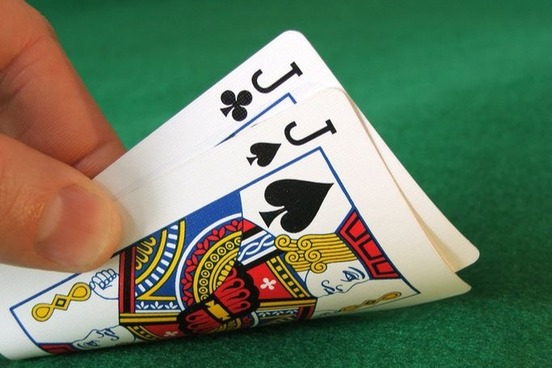
Trump card
Let's get this one out of the way.
A trump card is "a decisive overriding factor or final resource." It refers to a card of any suit that ranks higher than any card of any of the other suits, and is used in many games, including euchre and spades. Since such cards are deployed strategically, the term suggests an option or weapon held in reserve.
The term finds itself in idioms that tie back to games, such as play one's trump card or have a trump card up one's sleeve.
For, after all, she was the mother here. The mother of the boys in question. She held the trump card, should she be forced to play it.
— Zadie Smith, White Teeth, 1999
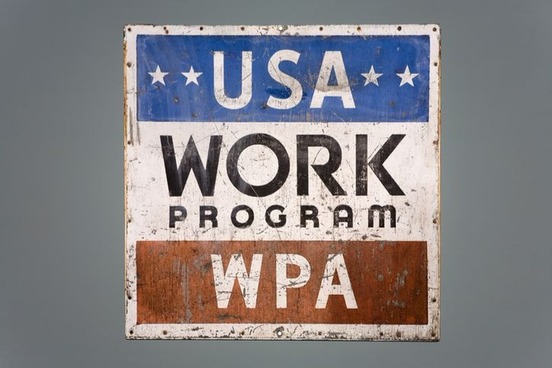
New Deal
Most people associate the New Deal with the programs of Franklin D. Roosevelt intended to lift the United States from the constraints of the Great Depression. Such programs included the establishment of the Social Security Administration, as well as the Works Progress Administration to put unemployed Americans to work on projects relating to the nation's infrastructure.
The name of the program reflected the idea that a new deal at cards would give struggling players another chance to succeed. Though attributed to Stuart Chase, an advisor to Roosevelt, writers such as Mark Twain had previously used the term with a similar metaphorical angle:
So to speak, I was become a stockholder in a corporation where nine hundred and ninety-four of the members furnished all the money and did all the work, and the other six elected themselves a permanent board of direction and took all the dividends. It seemed to me that what the nine hundred and ninety-four dupes needed was a new deal.
— Mark Twain, A Connecticut Yankee in King Arthur's Court, 1889
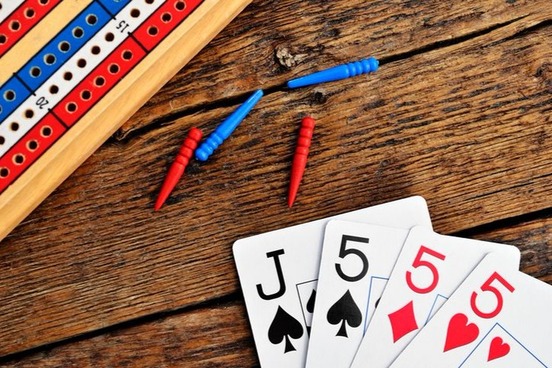
Left in the lurch
You rang? Used chiefly in cribbage, lurch refers to a decisive defeat in which an opponent wins a game by more than double the defeated player's score.
In cribbage it specifically applies to a win where the loser pegs less than 31 holes to an opponent's winning 61. In Middle French, the word lourche described a game similar to backgammon, from which arose the use of the same term for such ignoble defeat.
To leave someone in the lurch is to leave that person in a vulnerable situation or without access to assistance:
There, improved productivity has nothing to do with the pull of alternate livelihoods; instead it can make people redundant and leave them in the lurch.
— Jane Jacobs, Cities and the Wealth of Nations, 1984
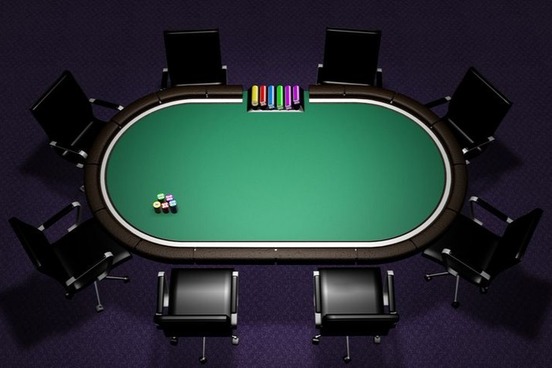
Aboveboard
While it might sound nautical, aboveboard is an adverb meaning "in a straightforward manner" or an adjective meaning "free from all traces of deceit or duplicity."
Around the world, entrepreneurs aspire to build products customers love. Whether working at a large Silicon Valley tech company or out of a garage, they dream of moving people to action by offering them the next indispensable improvement to their lives, and most try to go about this in an aboveboard way.
— Nir Eyal, Quartz, 7 Feb. 2018
The noun board once meant "table" and later came to refer to the exposed hands in a game of stud poker, or the dummy's exposed hand in a game of bridge. To play "above board" was to keep one's hands above the level of the playing table, so as to avoid suspicion of cheating.

Follow suit
In trick-taking games, such as whist, to follow suit is to play a card that is the same suit as the card played to lead the trick.
The phrase has taken on figurative meaning as a common expression for copying the actions of the one before you.
In 1996 California became the first state to legalize marijuana for medicinal use. Twenty-nine states and Washington D.C. have since followed suit.
— Emily Collins, OKCFox.com, 28 Feb. 2018

Showdown
We use showdown to mean a decisive confrontation or contest, as when striking workers and management become "locked in a showdown over working conditions."
But the "show" in showdown comes from poker, referring to the moment in the game when players place their cards faceup on the table to determine the winner of a pot.
A hush fell over the smoke-filled room as the two enemies faced off for the showdown. One more card would be dealt. One card would declare the winner.
— Millie Criswell, Sweet Laurel, 1996

In spades
To have something in spades means to have it in great amount; to do something in spades means to do it to an extreme degree.
Like any other production, the show wouldn’t be the same if it weren’t for the talent-packed cast — and this show has talent in spades.
— Kat Boogaard, The Appleton (Wisc.) Post Crescent, 1 Nov. 2017
The spade in this instance refers to the card suit, not amounts that would fill a shovel. In contract bridge, the cards marked with spades have the highest value, so to have talent "in spades" would mean to be awash in talent.
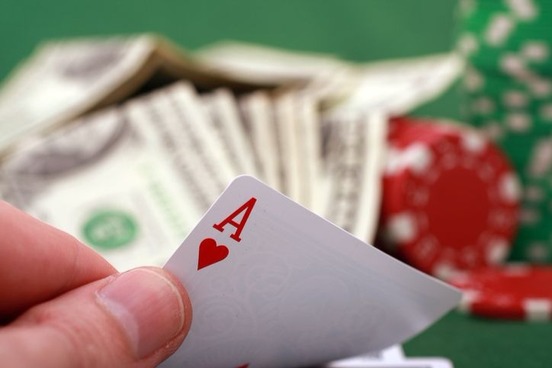
Ace in the hole
The "hole" in ace in the hole is the hole card, or the one that is dealt facedown and not exposed until the showdown. Since an ace ranks higher than other cards in a suit, it is presumed that having an ace held there gives a decisive advantage, so ace in the hole has come to mean " an effective and decisive argument or resource held in reserve":
Left winger Oskar Lindblom is the Flyers’ ace in the hole. He could be promoted from the Phantoms if the Flyers don’t get the production they are seeking.
— Sam Carchidi, Philly.com, 6 Feb. 2018
Ace in the hole is sometimes treated similarly as an ace up one's sleeve, which also describes an asset held in reserve but, since secreting extra cards on one's person is illegal in poker, suggests one that is come upon by dishonest means.
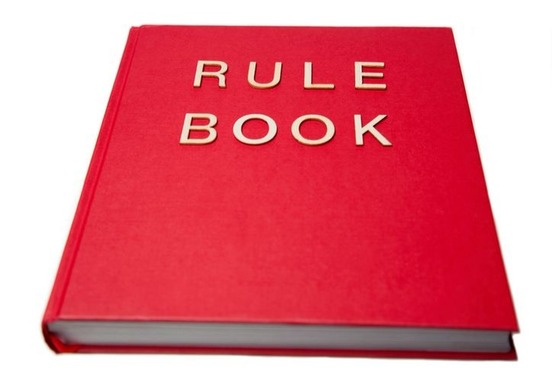
According to Hoyle
Edmund Hoyle (1672-1769) was a writer whose notes on the rules of various parlor games were compiled into books including A Short Treatise on the Game of Whist in 1742. Hoyle's guidebooks were regarded as authoritative by whist clubs in London until new codes were adopted in 1864.
The term Hoyle came to serve as shorthand for an encyclopedia of card game rules, and the phrase according to Hoyle, from a player citing said rules, later came to see expanded use meaning "in full compliance with accepted customs."
Most of the work has been "cleaning it up" for Norma Shearer -- anyhow there is a beauty parlor scene which must be strictly according to Hoyle.
— F. Scott Fitzgerald, letter, 11 Mar. 1938





